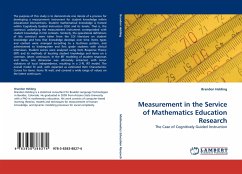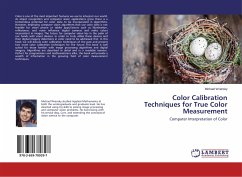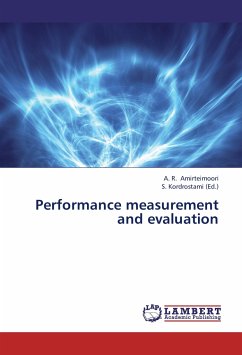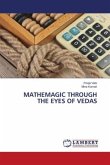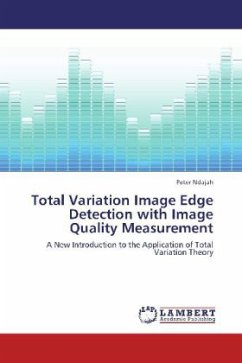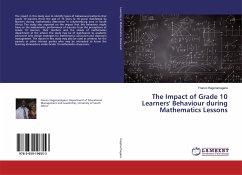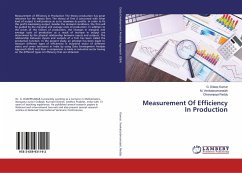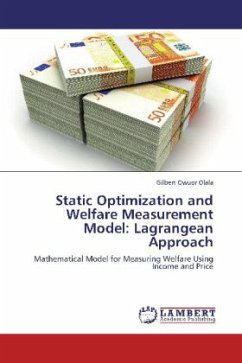The purpose of this study is to demonstrate one iterate of a process for developing a measurement instrument for student knowledge within educational interventions. Student mathematical knowledge is framed within Cognitively Guided Instruction (CGI) and its tenets. That is, the construct underlying the measurement instrument corresponded with student knowledge in CGI contexts. Similarly, the operational definitions of the construct were taken from the CGI literature on student knowledge and how that knowledge develops over time. Items types and content were arranged according to a Guttman pattern, and administered to kindergarten and first grade students with clinical interviews. Student scores were analyzed using Item Response Theory (IRT) and its methods of locating student knowledge and items on a common, latent continuum. In the IRT modeling of student responses and items, one dimension was ultimately extracted, with minor violations of local independence, resulting in a 2-PLIRT model. The overall model fit well, with expected as estimated Item Characteristic Curves for items. Items fit well, and covered a wide range of values on the latent continuum.
Bitte wählen Sie Ihr Anliegen aus.
Rechnungen
Retourenschein anfordern
Bestellstatus
Storno

